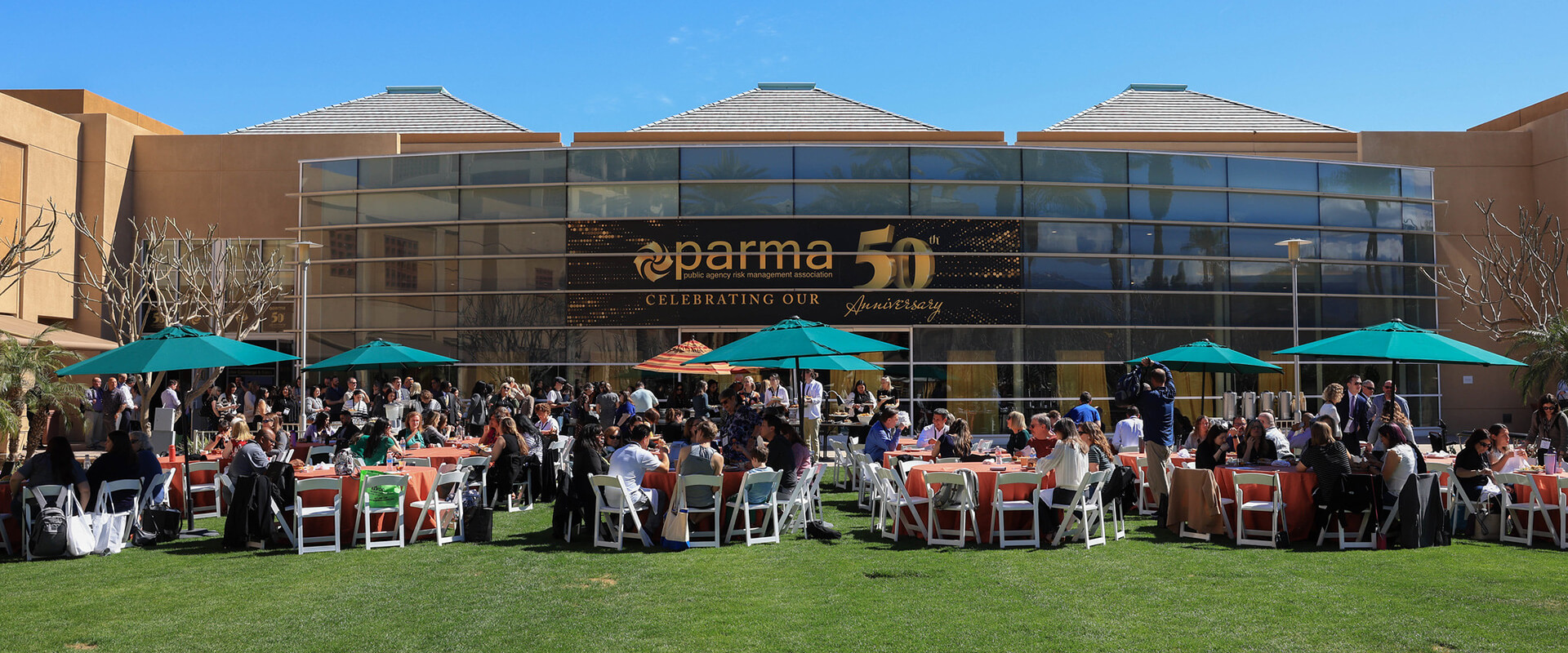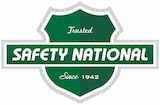There’s an old chestnut about infrastructure that goes, Infrastructure is everything you don’t notice—until it fails. It’s a definition that works for any kind of infrastructure, too: big or small, visible or invisible, bridges and garage doors, electric grids and Wi-Fi routers. Infrastructure is everything you take for granted. And you only notice that you take it for granted when it breaks.
Lately, a lot of things have broken. In two incidents over the past two days, hundreds of people were injured or killed: An elevated-highway bridge collapsed in Genoa, Italy, and a pier gave out in Vigo, Spain, during a music festival. The consequences are harrowing. In Genoa, cars dropped 150 feet to the earth as a span of the bridge fell underneath them. In Vigo, concertgoers were plunged into the sea, piled atop one another, when the boardwalk gave out.








